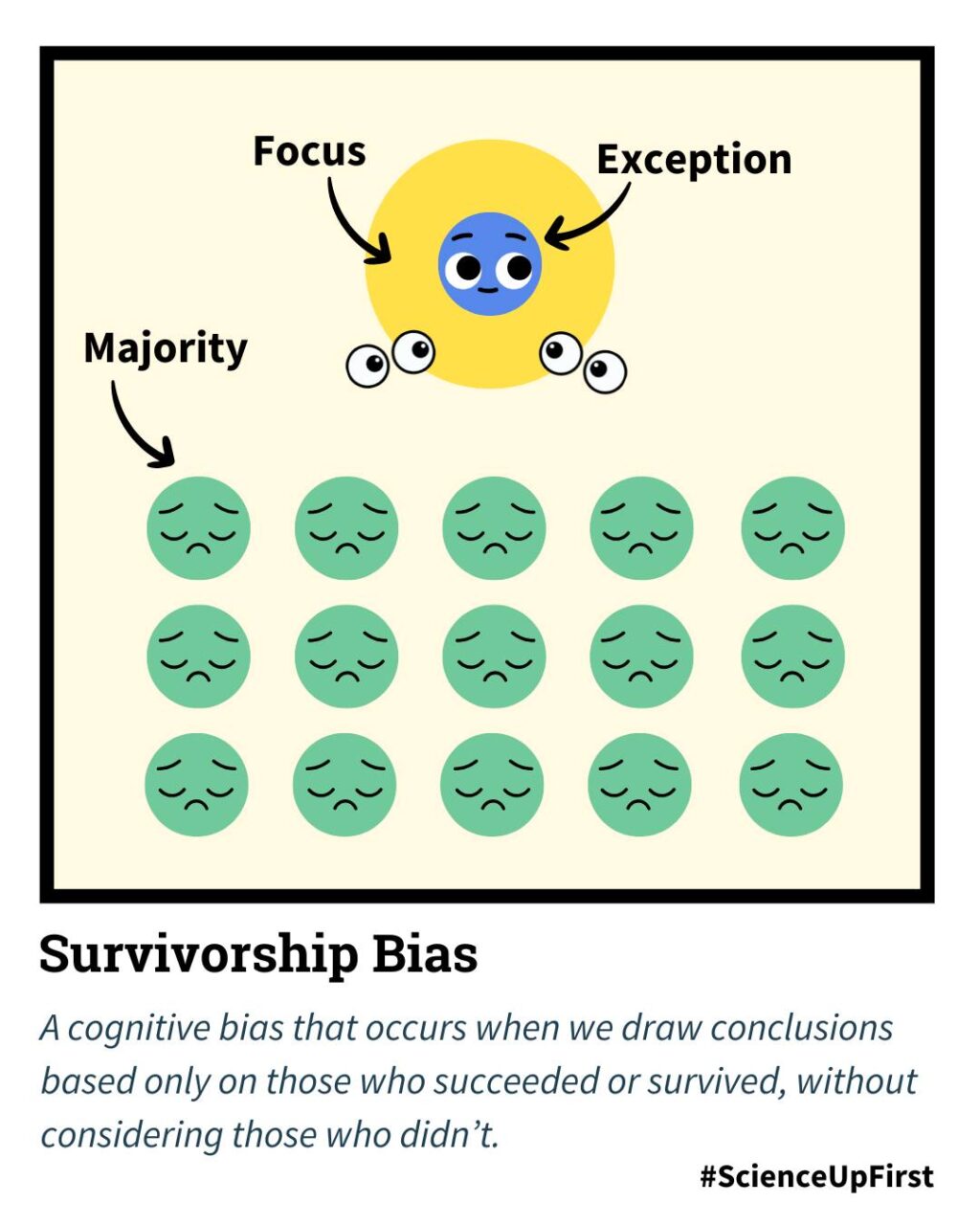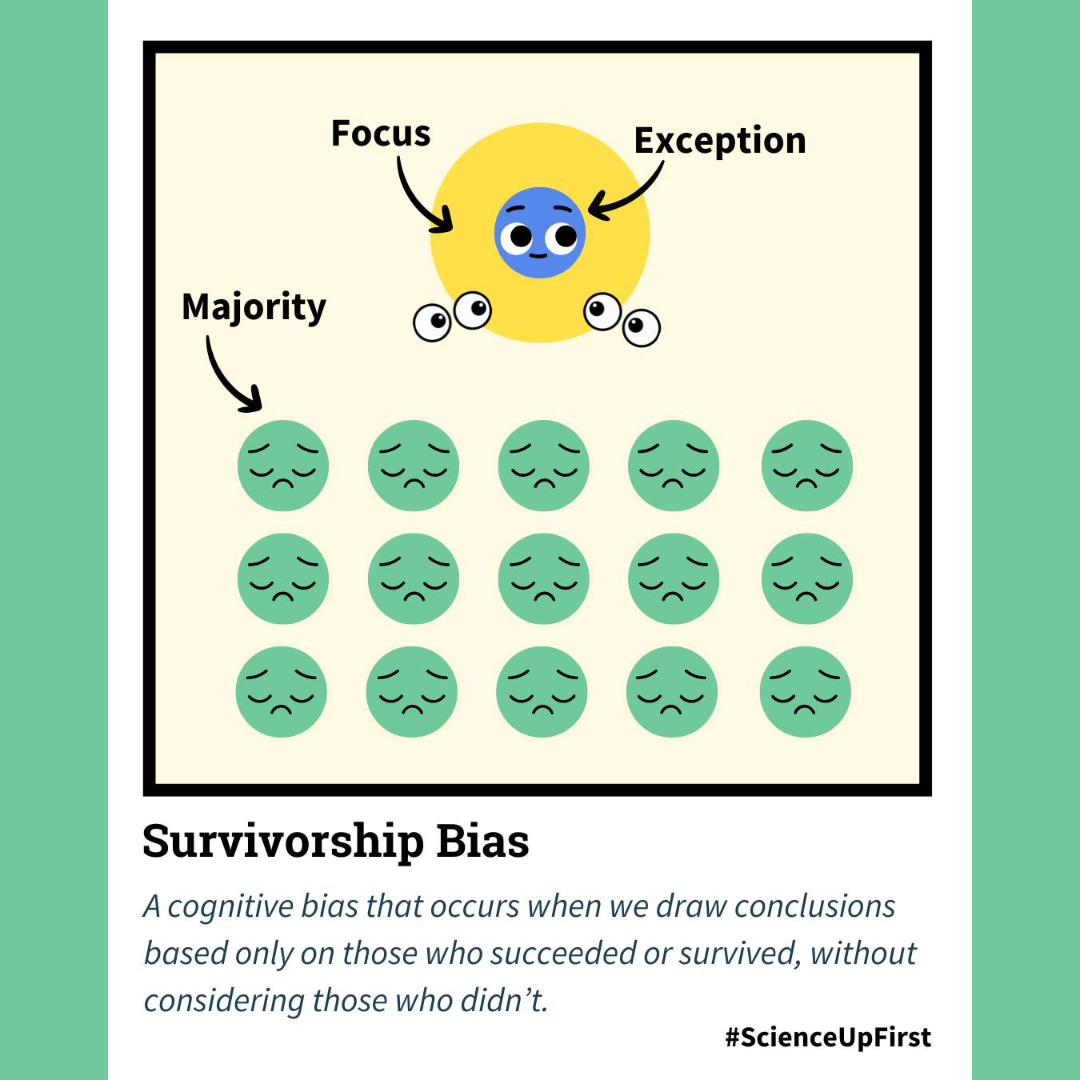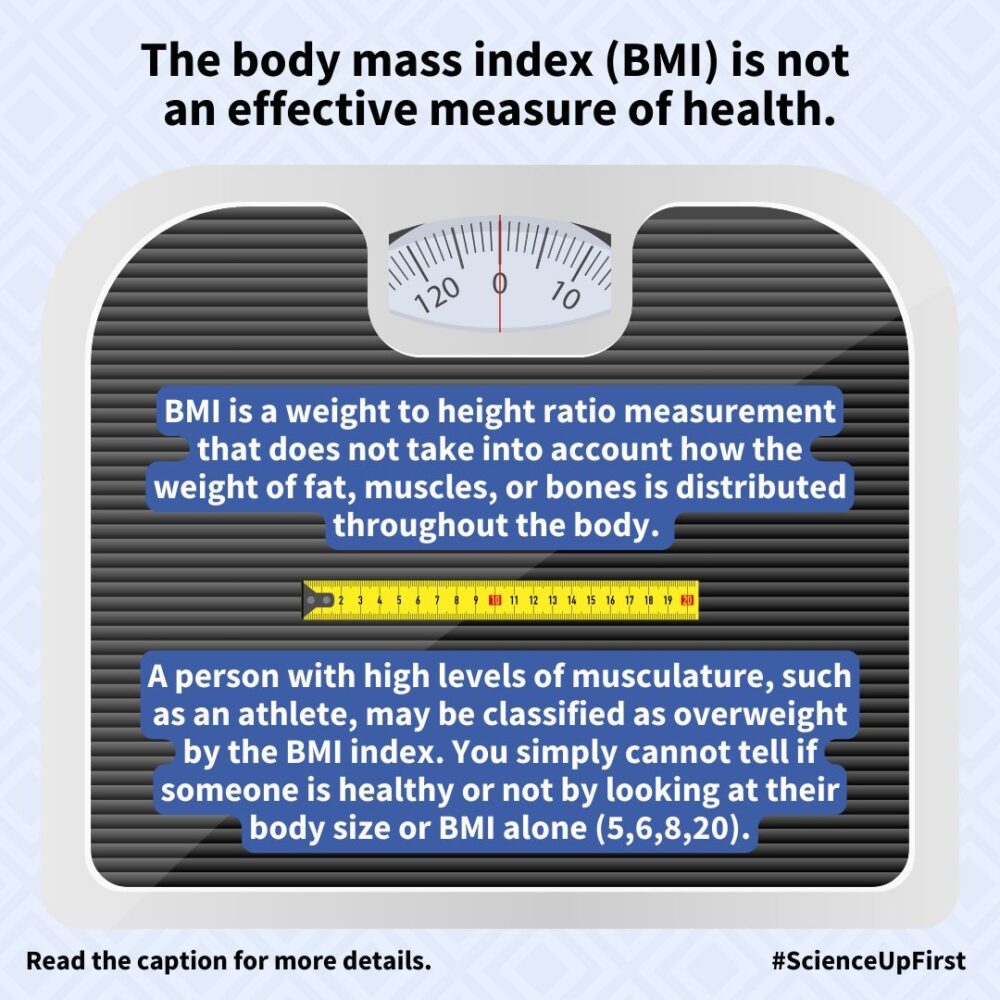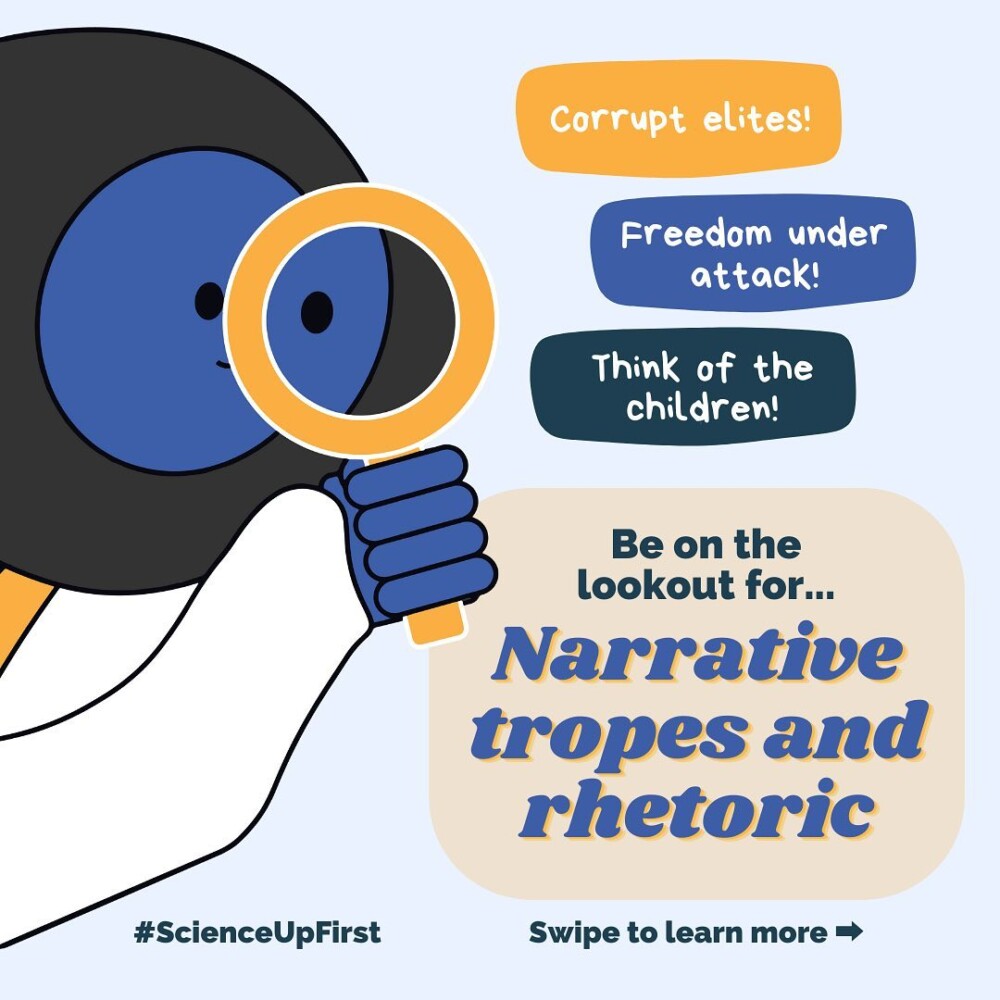
Survivorship bias is a cognitive bias that happens when we focus – sometimes unintentionally – only on the people or things that “made it through” a situation, and ignore those that didn’t. When that happens, we get a distorted picture of reality (1).
This bias shows up in many ways. Someone might say, “My great-uncle smoked his whole life and lived to 90, so smoking can’t be that bad.” But the people who smoked and died young aren’t here to tell their story – their stories are missing. The same thing happens when people say, “I didn’t get the vaccine and I was fine,” without considering the many who weren’t so lucky (1,2,3).
Survivorship bias can also affect research (1,3). For example, a study suggested that older adults who drank more wine lived longer than those who drank less or not at all – implying that drinking wine helps people live longer (4). But this can be misleading. Many people who were harmed by heavy drinking may have already died before the study started, so they weren’t counted. Others might have quit drinking because of health problems and ended up in the “non-drinker” group, making the drinkers look healthier by comparison (3,4,5).
Another great example comes from how the American military decided where to reinforce WWII airplanes. If they had only considered the bullet holes on the planes that returned, they would have missed a crucial piece of insight – those areas weren’t fatal. The real areas that needed reinforcement, were the places where bullets hit and caused planes not to return (6).
When we only look at people who completed a treatment or succeeded in a program, we miss those who dropped out or didn’t make it. That can lead us to believe something works better than it actually does (1,7,8,9).
This matters because it can lead us to make decisions based on incomplete data (1). Looking at both successes and setbacks helps us see the full picture – and make better choices.
- Why do we misjudge groups by only looking at specific group members? | The Decision Lab | 2024
- Never take health tips from world’s oldest people, say scientists | The Guardian | 24 August 2024
- Nutrition and venous thrombosis: An exercise in thinking about survivor bias | Research and Practice in Thrombosis and Haemostasis | January 2019
- Wine Consumption and 20-Year Mortality Among Late-Life Moderate Drinkers | Journal of Studies on Alcohol and Drugs | January 2012
- Do “Moderate” Drinkers Have Reduced Mortality Risk? A Systematic Review and Meta-Analysis of Alcohol Consumption and All-Cause Mortality | Journal of Studies on Alcohol and Drugs | 16 March 2016
- Survivorship Bias: The Mathematician Who Helped Win WWII | Cantor’s Paradise | 29 October 2020
- Uncovering survivorship bias in longitudinal mental health surveys during the COVID-19 pandemic | Epidemiology and Psychiatric Sciences | 26 May 2021
- The impact of survivorship bias in glioblastoma research | Critical Reviews in Oncology/Hematology | August 2023
- Survivor bias and risk assessment | European Respiratory Journal | 2012
Share our original Bluesky Post!
"I smoked all my life and I'm fine" doesn't erase the stories of those who are no longer here to testify. That's survivorship bias. It distorts our view of reality—and can lead to poor decisions. 👉https://scienceupfirst.com/misinformation-101/survivorshop-bias/ #ScienceUpFirst
— ScienceUpFirst (@scienceupfirst.bsky.social) June 19, 2025 at 12:19 PM
[image or embed]
View our original Instagram Post!




